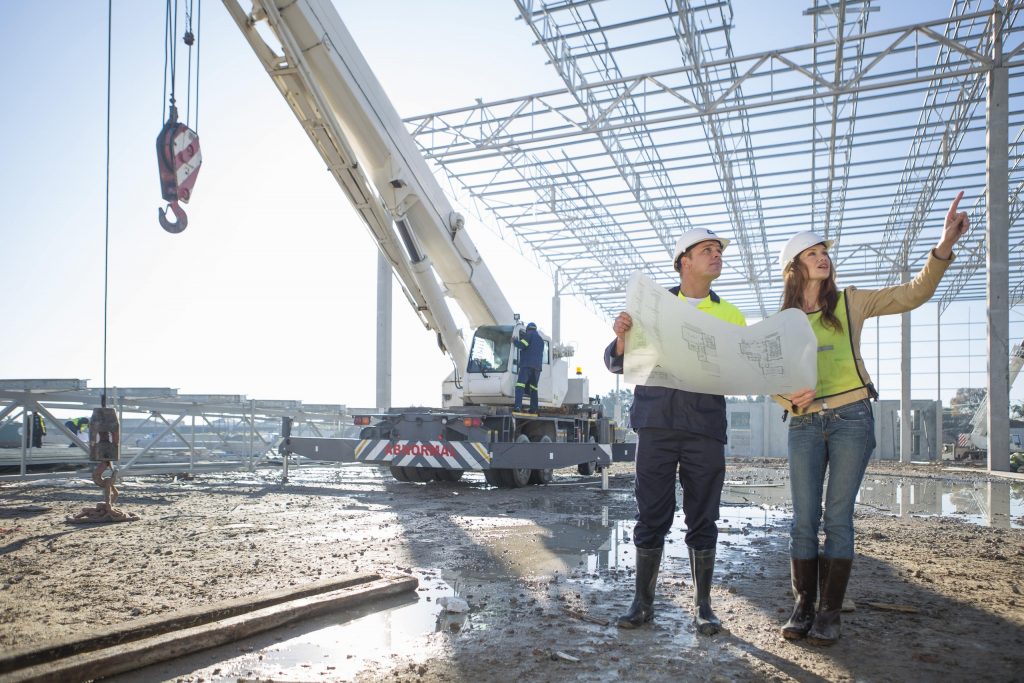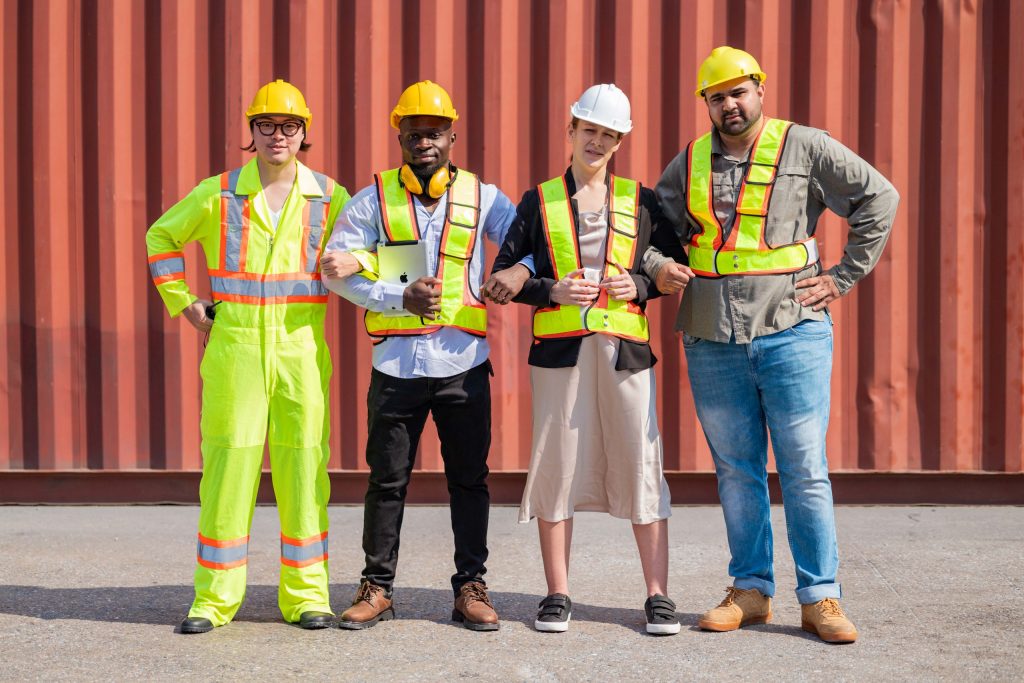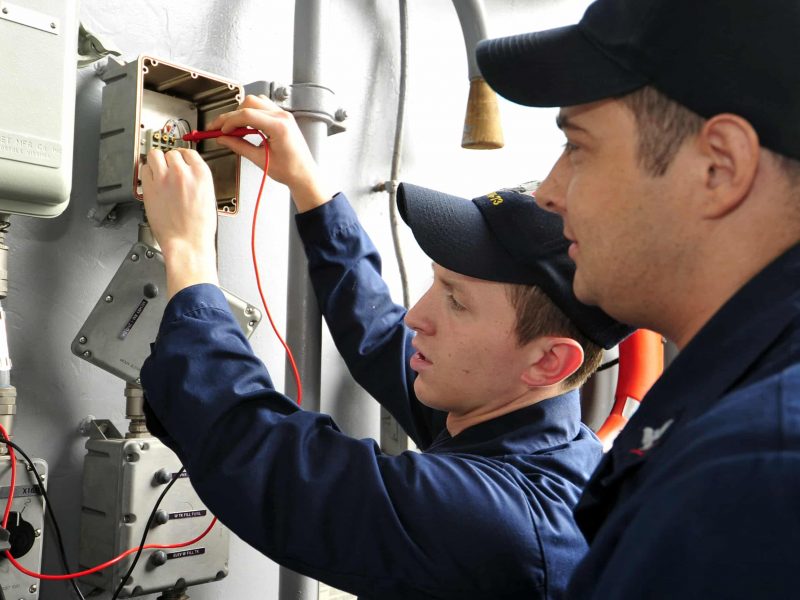Selecting the appropriate commercial contractor not only makes sense but also represents a deliberate effort required for the growth of your business. Not just with building expertise but also with great understanding of your specific company needs and goals; the ideal contractor is a partner in your expansion operations. Effective communication, reliability, and constant vision are fundamental qualities that strengthen collaboration and drive the project forward free from incident. Choosing a contractor similarly dedicated to quality ensures that every aspect of the project—from beginning to end—is executed efficiently, therefore lowering delays and costs. In a setting where time and money are of the most importance, the correct commercial contractor will improve your project so it not only satisfies but beyond expectations. This decision might finally affect the capacity of your company to remain competitive in the market, grow, and change with the times. Let’s discuss the main factors to take into account when choosing a commercial contractor to support effective company expansion.
Defining Your Business Expansion Needs
You must first firmly grasp the scope, timetable, and budget of your project before you even begin seeking a contractor. Knowing these components lays a strong basis for your project. Knowing the exact goals you want to accomplish helps you to interact with possible contractors more successfully. Clearly specified project scope enables you to avoid later on misunderstandings that could lead to delays and unplanned expenditures.
Having a clear budget and schedule helps you also find contractors qualified to meet your needs. Some contractors could specialize in quick turnarounds or have experience with jobs of like cost. Being clear about your expectations helps you to make sure the contractors you contact match your project. This preparedness not only saves time but also helps you prevent frequent mistakes such budget overruns and schedule delays, therefore improving your whole building experience.

Evaluating Experience and Expertise
When choosing a commercial contractor, you should consider their experience with projects much like yours. Ask first for their portfolio, which should show a variety of completed works. Look for specific examples—a retail build-out or an office renovation—that fit your project type. Ask former customers for references; they are very helpful for understanding the contractor’s working style and the quality of their job. A contractor that has effectively negotiated such difficulties is probably more effective and efficient in managing your project.
Additionally very revealing about a contractor’s credentials are industry certifications. These certifications usually indicate that the employee is dedicated to adhering to the most current guidelines and standards of the company. Inquire of them if they have any associated certificates—such as those in safety or project management. Even more confidence comes from presenting case studies or quotes from prior customers—a field-of- expertise proved to be successful. If you want assistance with construction, a builder with strong references, the correct qualifications, and plenty of expertise is most likely someone you can rely on.
Reviewing References and Reputation
Looking at portfolios, references, and testimonials while choosing a commercial contractor helps one to understand their true character behind the scenes. Reviewing former customer remarks and testimonies can help you to understand their dependability and expertise. If past clients were happy with your work, this is a strong indication that you will most likely have a pleasant experience as well. It also helps to know from individuals who have really dealt with a contractor their strengths and weaknesses.
On the other hand, a portfolio offers your graphic insight into a contractor’s capability. Reviewing their past work will enable you to assess their quality and ascertain if their design philosophy meets your objectives. Thus, do not minimize this age! Reviewing portfolios and tests can help you prevent any future issues and clarify the path of your project.
Prioritizing Communication and Transparency
Any successful construction project begins with good communication. Maintaining everyone informed and in line assures that the project runs well and helps to avoid misunderstandings from the initial design phase until the final walkthrough. Regular updates on development, difficulties, and any changes that could occur are very vital for customers. This open communication not only boosts confidence but also fosters a cooperative environment in which everyone is driven to help the project to be completed.
Besides, a comprehensive contract is really necessary. It should describe the scope of work, calendar, budget, and any specific requirements or expectations. The project’s road map is a neat contract that could assist to avoid issues down-road. Stressing open communication, frequent updates, and a total agreement can help you create the conditions for a building experience that satisfies your vision and requirement.

Conclusion
Ensuring seamless and effective company progress in the building sector depends on choosing the correct contractor. A carefully selected contractor not only has the required knowledge and abilities to satisfy certain project needs but also fits your vision and values, therefore promoting a cooperative atmosphere that improves output and quality. By being proactive and carefully establishing project requirements, thoroughly researching potential contractors, and verifying their skills, you may make smart decisions that significantly impact the result of your project. Strong relationships to corporate leaders—including suppliers and specialized contractors—can also lead to valuable suggestions and collaborations, hence accelerating growth. Investing the time and money to choose the right contractor can ultimately enable your business to be always profitable and provide new opportunities.


